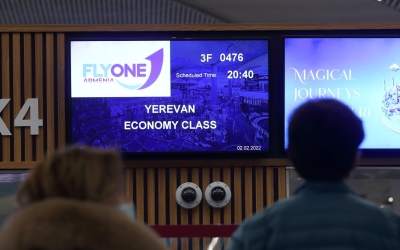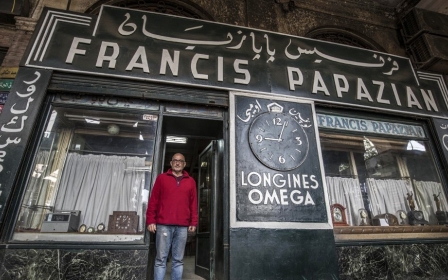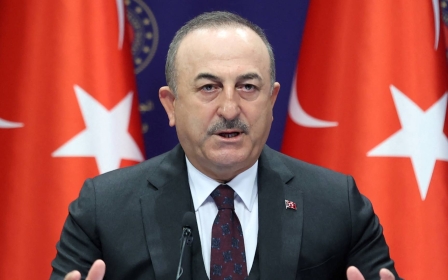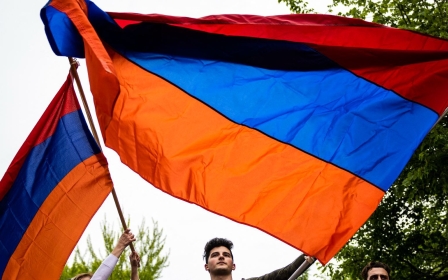Turkey shuts airspace to Armenian flights over memorial to killers of Ottoman officials
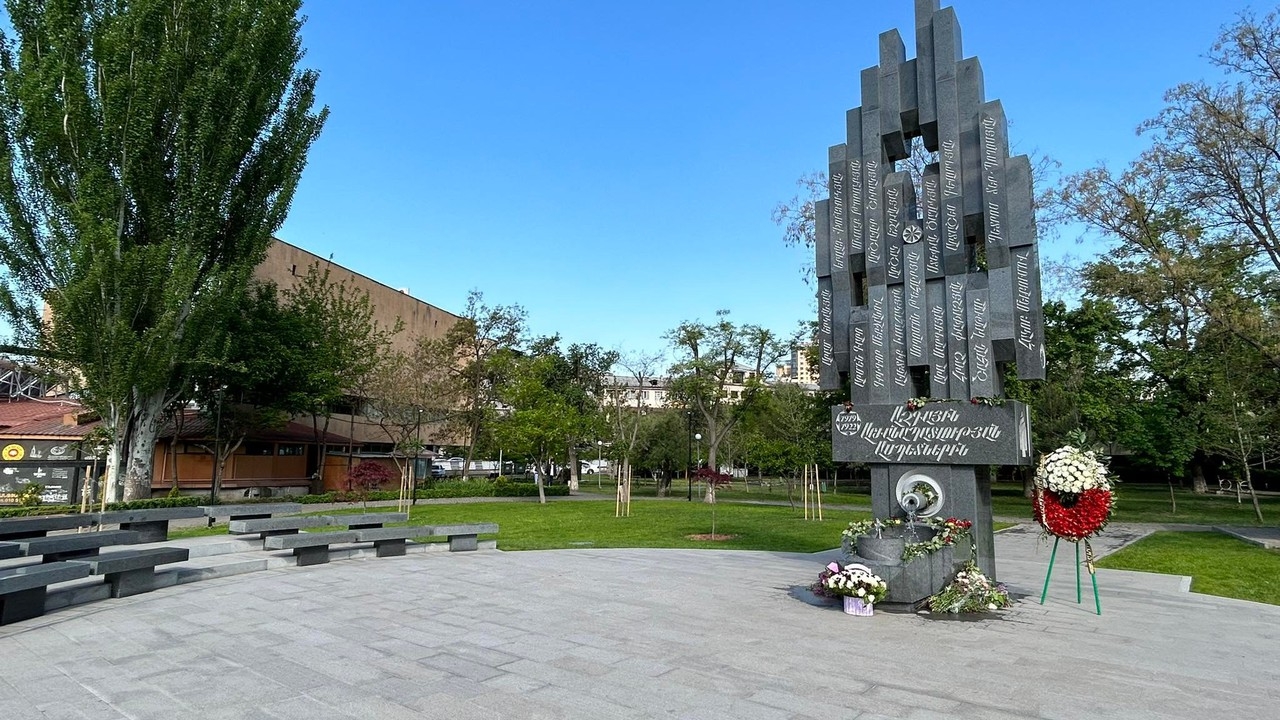
Turkey has announced a closure of its airspace to Armenian flights after the latter unveiled a new memorial to the team that hunted down the architects of the 1915 genocide.
The new memorial, opened in the capital Yerevan last week, commemorates Operation Nemesis, a programme initiated in the 1910s to hunt down and assassinate those seen as responsible for the Armenian genocide, which saw as many as 1.5 million Armenians killed in the Ottoman Empire during World War 1.
The operation was carried out by the nationalist Armenian Revolutionary Federation and killed seven people, including Talat Pasha, a member of the Young Turks organisation that controlled the Ottoman Empire during the genocide and was seen as its principal architect.
On Wednesday, the Turkish government - which does not recognise the 1915 killings as a genocide - said it would be closing off access to Armenian flights over the new memorial.
"Establishing a monument in Yerevan in honour of Operation Nemesis is unacceptable. I can't accept it," said Turkish Foreign Minister Mevlut Cavusoglu.
New MEE newsletter: Jerusalem Dispatch
Sign up to get the latest insights and analysis on Israel-Palestine, alongside Turkey Unpacked and other MEE newsletters
Speaking to NTV, he also said further action would be taken if the memorial was not removed.
The controversy comes less than two weeks before pivotal elections in Turkey, which could potentially see the ruling Justice and Development Party (AKP) and its leader President Recep Tayyip Erdogan ousted from power for the first time since 2002.
Timothy Ash, an economist and Turkey analyst, tweeted that the flights decision looked like "an effort to play the card for elections".
Relations between Turkey and Armenia have historically been strained over the question of the genocide.
After the collapse of the Soviet Union and the establishment of the independent state of Armenia, there have been attempts to rebuild ties between the two countries, with occasional diplomatic breakthroughs.
Last year, diplomatic sources suggested the two countries were moving closer to normalisation of ties and had held meetings aimed at possibly re-opening land borders.
Speaking to Armen Press, Tigran Avinyan, the deputy mayor of Yerevan, said the new memorial was intended to remind people that "crimes do not go unpunished" even if the world as a whole takes no action.
"What Nemesis did was understandable for everyone, it was fair for everyone, but our goal should be to prevent possible crimes, to create mechanisms to bring criminals to justice. That should be our main message," he said.
Turkish presidential spokesperson Ibrahim Kalin said it was natural for Turkey-Armenia relations to have their ups and downs, and noted the memorial was backed by local authorities in Yerevan rather than the Armenian government.
“It was out of the question for us not to react to the Nemesis monument that was opened in Yerevan," he said.
"The [Armenian government] tell us that this was not done by the central government, but was built under the purview of local Yerevan municipality. If the central government is unhappy with it, it should act accordingly.”
Middle East Eye delivers independent and unrivalled coverage and analysis of the Middle East, North Africa and beyond. To learn more about republishing this content and the associated fees, please fill out this form. More about MEE can be found here.


